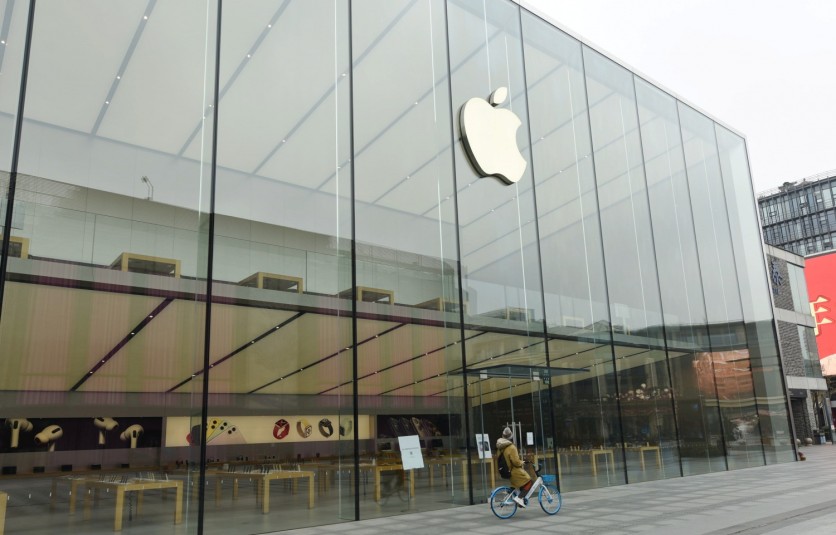
Apple has been fined €25 million ($27 million) for deliberately slowing down older iPhone models without informing its users. The fine was imposed by France's Directorate-General for Competition, Consumer Affairs and Fraud Prevention (DGCCRF) after a two-year investigation.
The French consumer watchdog said the tech giant failed to warn the buyers of the risk that older phones would slow down. DGCCRF said that reverting back to the previous iOS is "impossible" once the software update had been carried out.
Apple had 'deceptive marketing practice,' says DGCRF
According to DGCCRF, the Paris Prosecutor's Office investigated the complaint of an association against Apple on January 5, 2018. The French consumer watchdog has discovered that iPhone owners had not been informed that upgrading Apple's operating system (iOS 10.2.1 and 11.2) would slow down the operation of their device.
DGCRF said Apple "devoted the crime of misleading commercial practice through omission." Apple had agreed to pay the satisfactory, according to the consumer watchdog.
As a part of the agreement, Apple must display a note on its French-language website for a month. The tech giant added that it had resolved the problem with the DGCCRF.
Why does Apple creeping down old iPhones?
Many clients had long suspected that Apple slowed down older iPhones to encourage human beings to upgrade when a new one changed into released.
It stated the lithium-ion batteries in the devices became less capable of imparting demands, as it grows older over time. That could result in an iPhone shutting down all at once to shield its digital components.
Apple confirmed in 2017 that it did slow down several iPhones. The tech giant explained it only made such a move to "lengthen the life" of the devices.
"Our goal [is always to create] secure products appreciated by clients. Making iPhones that last as long as possible is an important [part] of that," Apple told ZDNet, a business technology news website.
Hence, Apple launched a software update for the iPhone 6, iPhone 6s, and iPhone SE. The company claimed that the upgrade "smoothed out" battery performance.
The practice was confirmed after a purchaser shared overall performance assessments on Reddit. The commenter suggested their iPhone 6S had slowed down drastically as it had aged. The iPhone had abruptly speeded up again after the battery have been replaced, the commenter added.
Does Apple still gradual down older iPhones?
Yes. Since Apple showed the practice in 2017, it has carried out it on numerous iPhones, including iPhone X series, iPhone 8 and 8 Plus, iPhone 7 and 7 Plus, iPhone SE, and iPhone 6 series.
The setting is only enabled while the battery begins to degrade. iOS now offers more transparent data to consumers approximately when performance control has been switched on.
"The effects of performance management on these newer models can be much less noticeable because of their more superior hardware and software program design," Apple said.
ⓒ 2025 TECHTIMES.com All rights reserved. Do not reproduce without permission.




